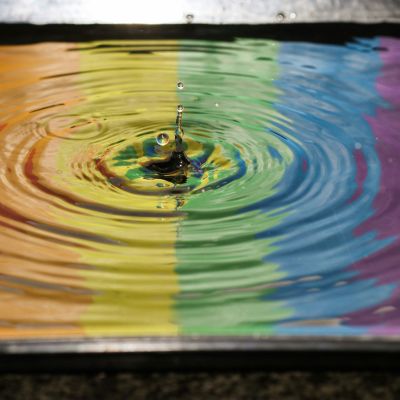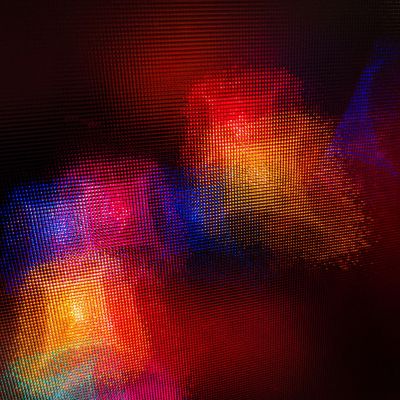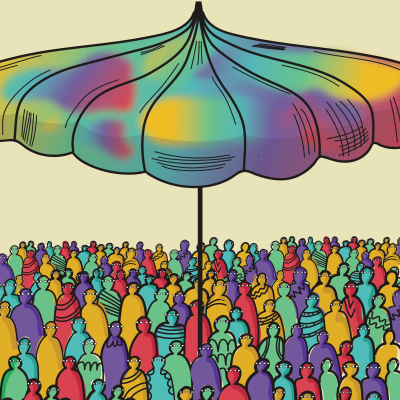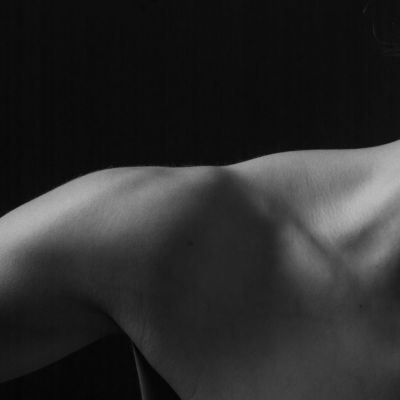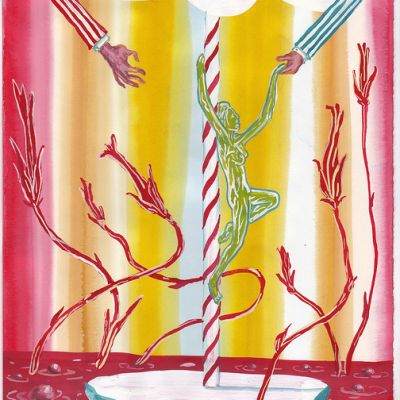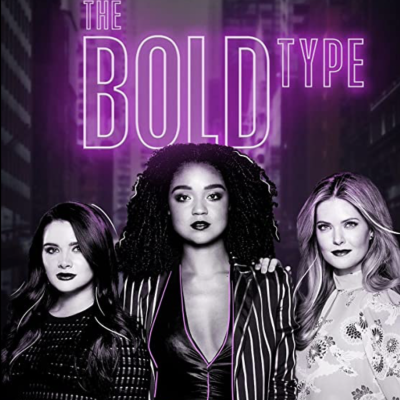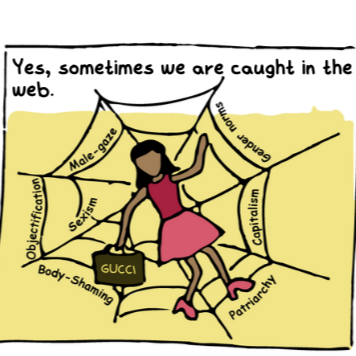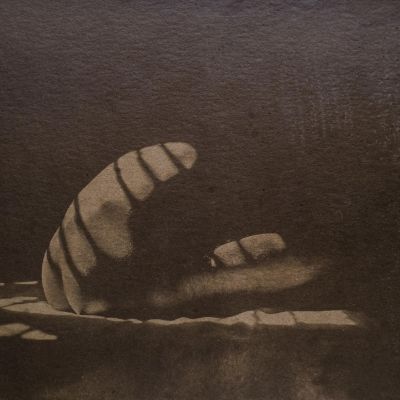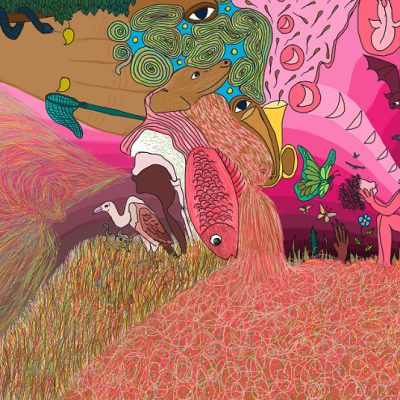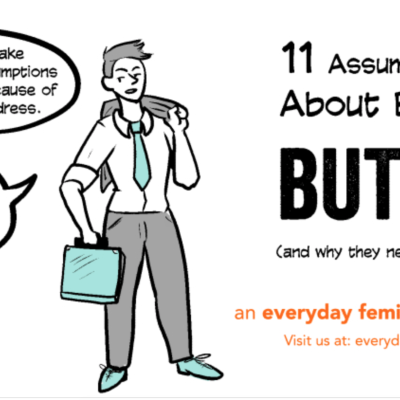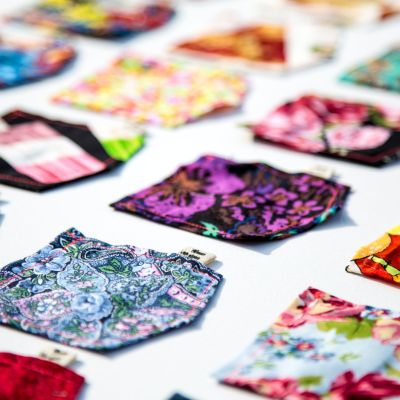identity
To queer something is to disrupt normative frameworks, to imagine and create new modes of being (Pirani & Daskalopoulou, 2022)….
Food unites, but as we are sadly witnessing, it also divides. What people eat and how they eat it is related in many ways to class, caste, purchasing power, and other factors of social currency and control.
In tailoring the way we present ourselves to the world – be it as fashionista, frump or an artful fusion of the two – we think we are the ones making a choice about how we express our gender and sexuality along with other markers of our identity.
Digital entanglements transcend bodies, time, geographical borders and boundaries, influencing – and perhaps fundamentally changing – the ways in which we understand, explore and express our sexuality.
Queering is not about being queer but about doing queer – about going beyond binaries of gender and sexuality, questioning accepted perspectives, and challenging and upending normative ways of being in the world.
Our most powerful, sexy, responsive and attractive sexual organ may be the mind, but it is through the body that we express and experience our sexuality. Our body is our first and primary home; whether we truly feel at home in it is another matter.
Drag is more than a form of entertainment or art form or a form of comedic release, it’s the realization of the fun of being queer or having a queer perspective.
Who is this that works my hand?
Who is this that moves my pen?
Touch is a beetle creeping on this foreign thing
That wears my body like an evening.
What I can say is that I tried to be the best lover for a woman, and I am much obliged to the girls I dated then for trying with me.
None of these characters is perfect but in their imperfections we can learn more about body positivity, gender sensitivity, privilege, consent, unconscious and implicit bias, sexuality, masculinity, their intersections with class, religion, race, age, and more.
For many people, fashion serves as a vehicle for expressing their unique identities, their political beliefs, and their sexual orientation.
For the last seven years, I have been working on a body of work titled Hotel Rooms themed around fluid male sexuality, mental health, queerness, and challenging deep-rooted societal gender binaries.
Body is born, as a collection of many parts, into the various collections of bodies. Different combinations or collections are projected onto various historical, spatial and temporal dimensions, out of our needs, desires and capabilities.
The misconceptions associated with the varied manifestations of femininity can be exceedingly deleterious and reinforce gender roles, traditional patriarchal ideas, and stereotypes related to bodies, expressions and the way we experience our sexual and romantic relationships.
Fashion is a language that expresses survival, rebellion, freedom, visibility and invisibility, identity, representation and inclusion.

